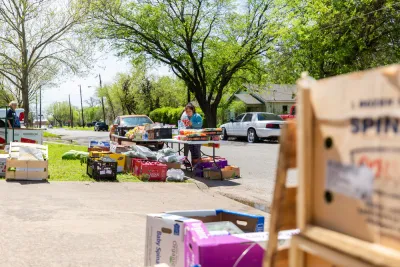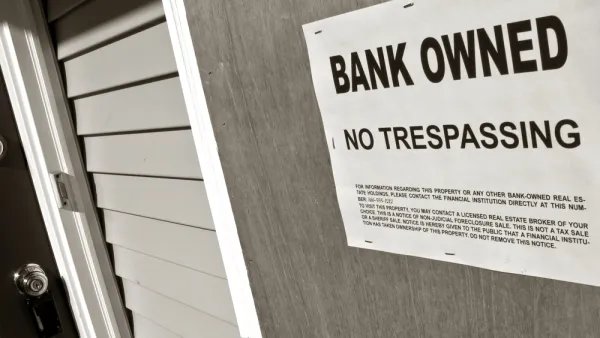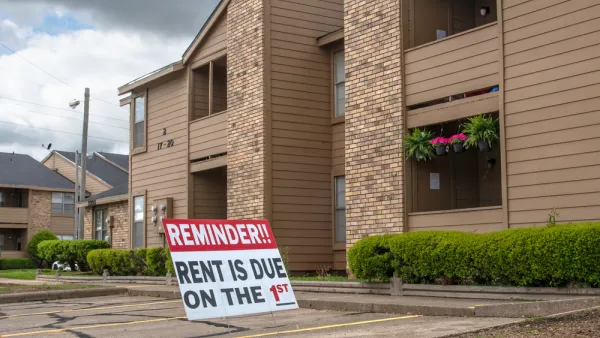A new report details how policymakers and community leaders can improve California's efforts to advance an equitable recovery from COVID by supporting and empowering community-based organizations in underserved communities.

The COVID-19 crisis continues to inequitably affect Californians who live in underserved communities. These residents are still experiencing the highest COVID-19 case rates and disproportionate economic impacts related to the ongoing crisis: outcomes that directly result from systemic racism and continued divestment.
Since the start of the pandemic, community-based organizations (CBOs) across California have stepped up to provide resources and services to those most in need. Specifically, CBOs have delivered food aid, housing assistance, personal protective equipment, translation services, vaccinations, and a variety of other indispensable supports to the communities they serve.
A new report, titled "How California’s Community-Based Organizations Filled the Gaps for Underserved Communities: Meeting the Needs of Racially & Ethnically Diverse Communities During the Pandemic," shows how policymakers and community leaders can improve California's efforts to advance an equitable recovery by supporting and empowering CBOs in underserved communities. This report was developed by the California Pan-Ethnic Health Network (CPEHN), ChangeLab Solutions, and Prevention Institute and includes contributions from 21 CBOs from throughout California.
Besides discussing the systemic inequities that underlie disparities in COVID-19 case and death rates, the report also documents the specific ways that CBOs have served and risen to the occasion during the pandemic. The report concludes with key recommendations for California policymakers and community leaders on a variety of topics and policy areas.
FULL STORY: How California’s Community-Based Organizations Filled the Gaps for Underserved Communities

National Parks Layoffs Will Cause Communities to Lose Billions
Thousands of essential park workers were laid off this week, just before the busy spring break season.

Retro-silient?: America’s First “Eco-burb,” The Woodlands Turns 50
A master-planned community north of Houston offers lessons on green infrastructure and resilient design, but falls short of its founder’s lofty affordability and walkability goals.

Delivering for America Plan Will Downgrade Mail Service in at Least 49.5 Percent of Zip Codes
Republican and Democrat lawmakers criticize the plan for its disproportionate negative impact on rural communities.

Test News Post 1
This is a summary

Test News Headline 46
Test for the image on the front page.

Balancing Bombs and Butterflies: How the National Guard Protects a Rare Species
The National Guard at Fort Indiantown Gap uses GIS technology and land management strategies to balance military training with conservation efforts, ensuring the survival of the rare eastern regal fritillary butterfly.
Urban Design for Planners 1: Software Tools
This six-course series explores essential urban design concepts using open source software and equips planners with the tools they need to participate fully in the urban design process.
Planning for Universal Design
Learn the tools for implementing Universal Design in planning regulations.
EMC Planning Group, Inc.
Planetizen
Planetizen
Mpact (formerly Rail~Volution)
Great Falls Development Authority, Inc.
HUDs Office of Policy Development and Research
NYU Wagner Graduate School of Public Service





























